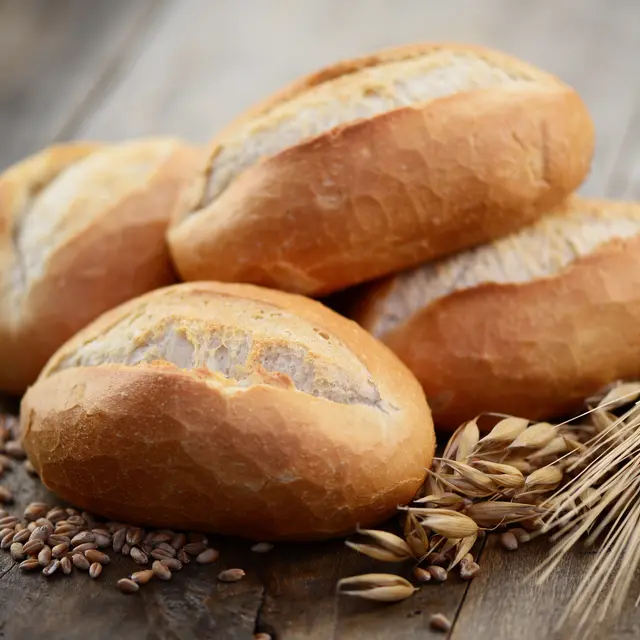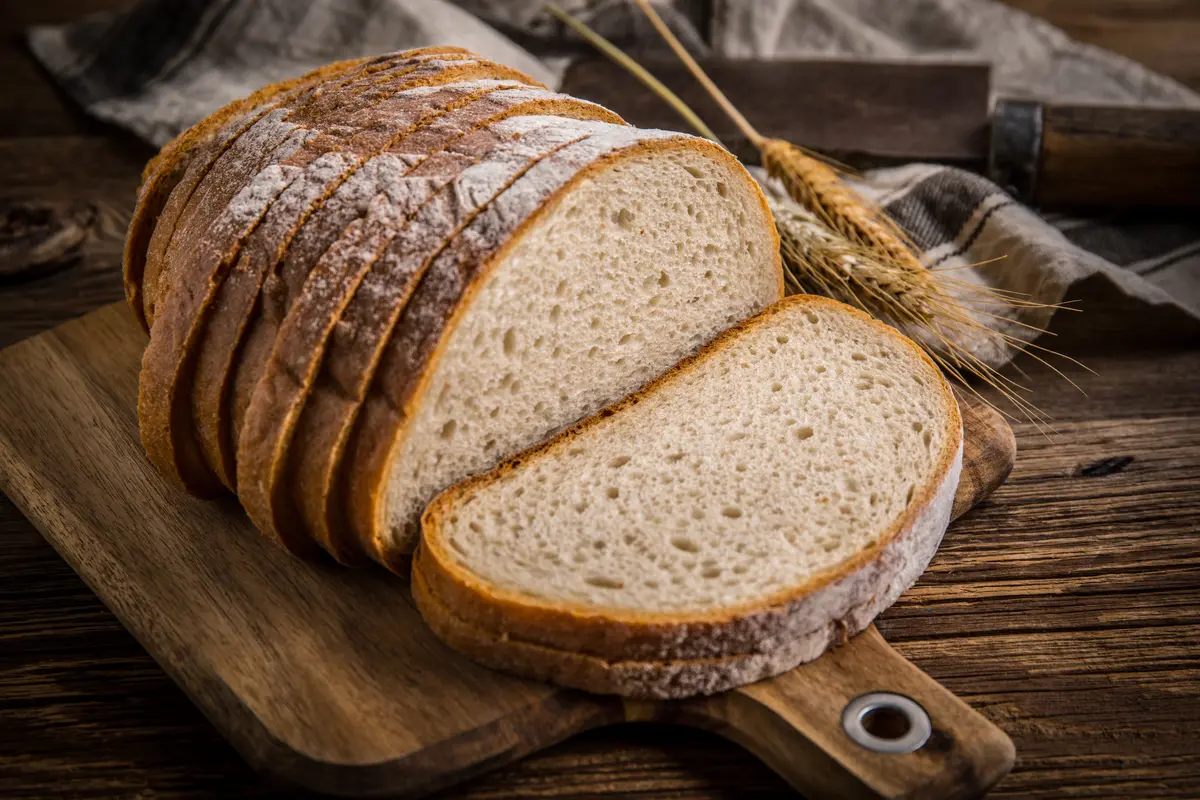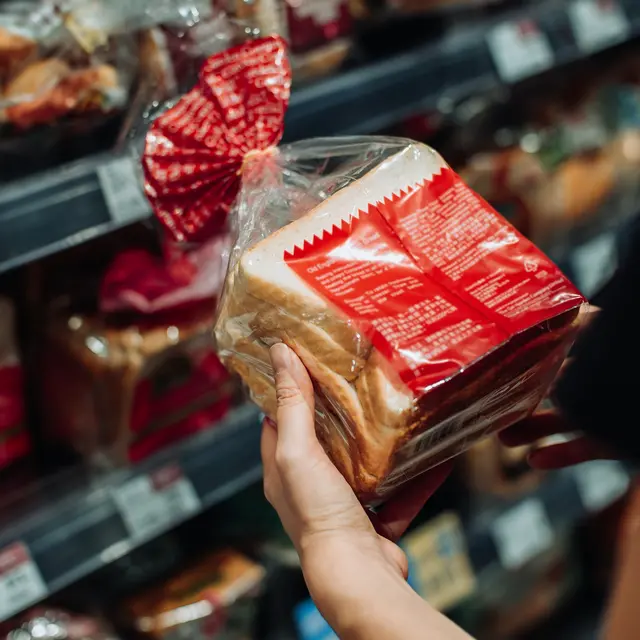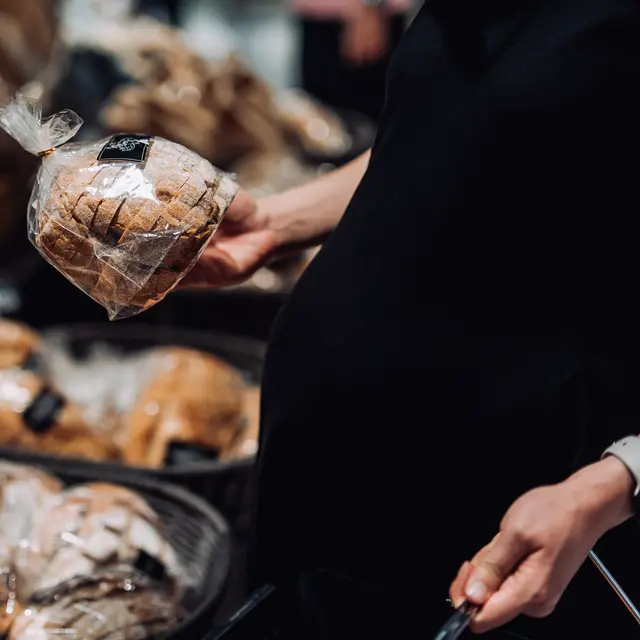The transformation of the baking industry through the integration of enzymes as a safer and healthier alternative to chemical oxidants like bromate marks a significant leap towards achieving sustainable and nutritious baking practices. The era of bromate, while instrumental in enhancing bread baking performance, was shadowed by mounting health concerns and diminishing nutritional value. As countries around the world phased out bromate due to potential carcinogenic risks, the baking industry faced the challenge of maintaining quality standards without compromising on safety.
Enzymes have emerged as the cornerstone of this transition, offering a multifaceted solution that addresses both quality and health considerations. Novozymes’ enzymes have demonstrated their efficacy in maintaining dough properties, enhancing fermentation rates, improving gas production, and ensuring optimal oven spring. The strategic integration of these enzyme classes mirrors the performance of bromate, providing the baking industry with a seamless alternative that upholds quality while sidestepping the health hazards associated with chemical oxidants.
Furthermore, this paradigm shift towards enzyme-based baking practices underscores the power of collaboration and partnership across the baking industry for safer, more sustainable baking. Through knowledge sharing, innovation, and collective effort, these partnerships have not only successfully replaced bromate but have also laid the foundation for a more robust, health-conscious, and sustainable baking ecosystem.





